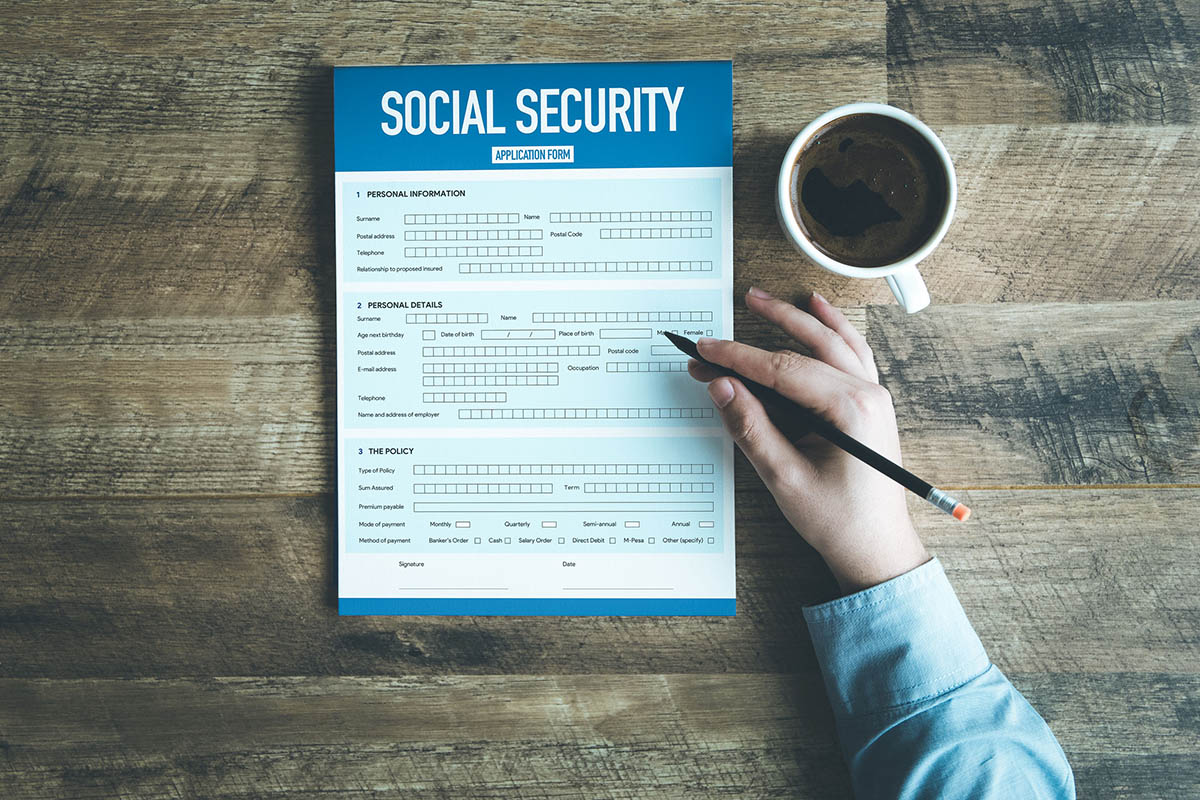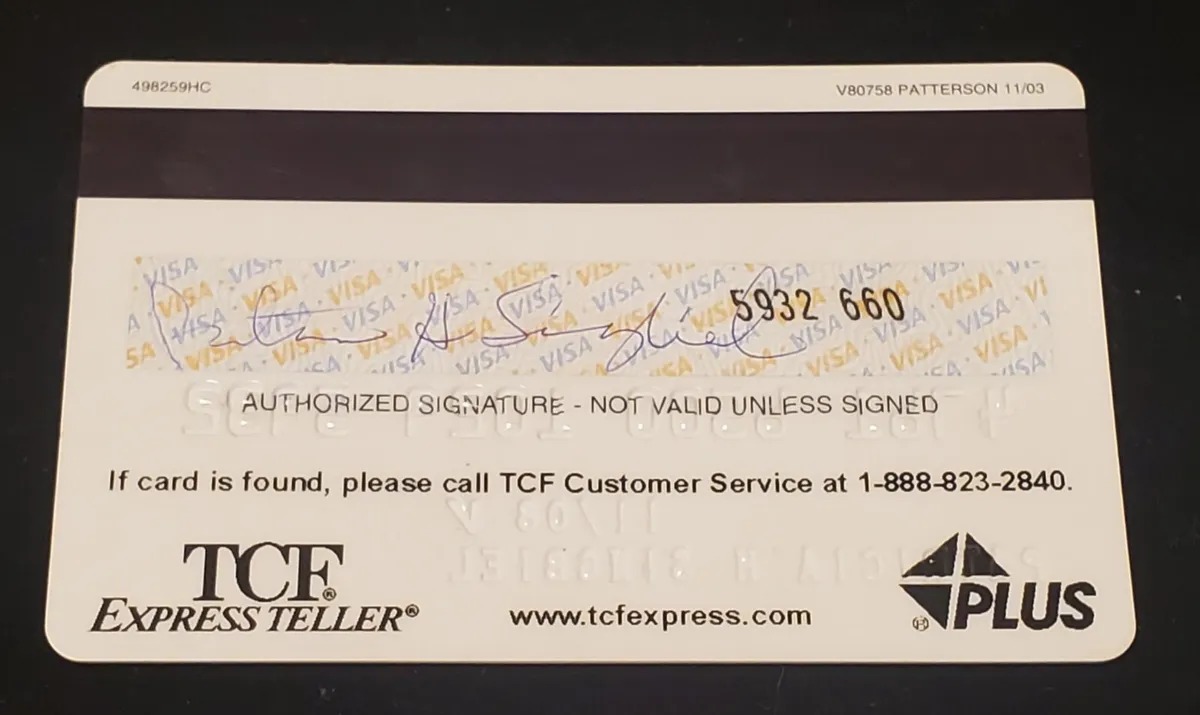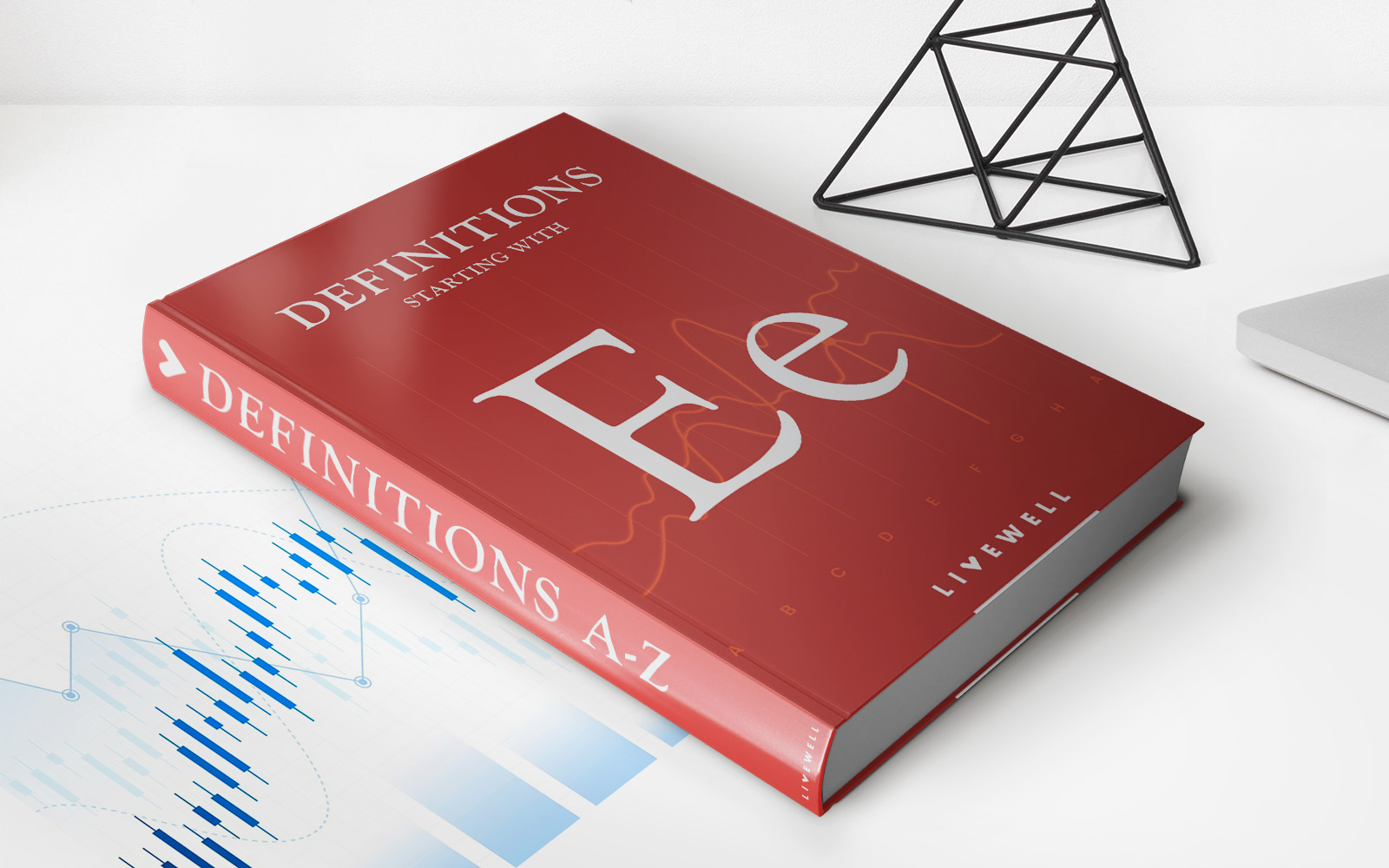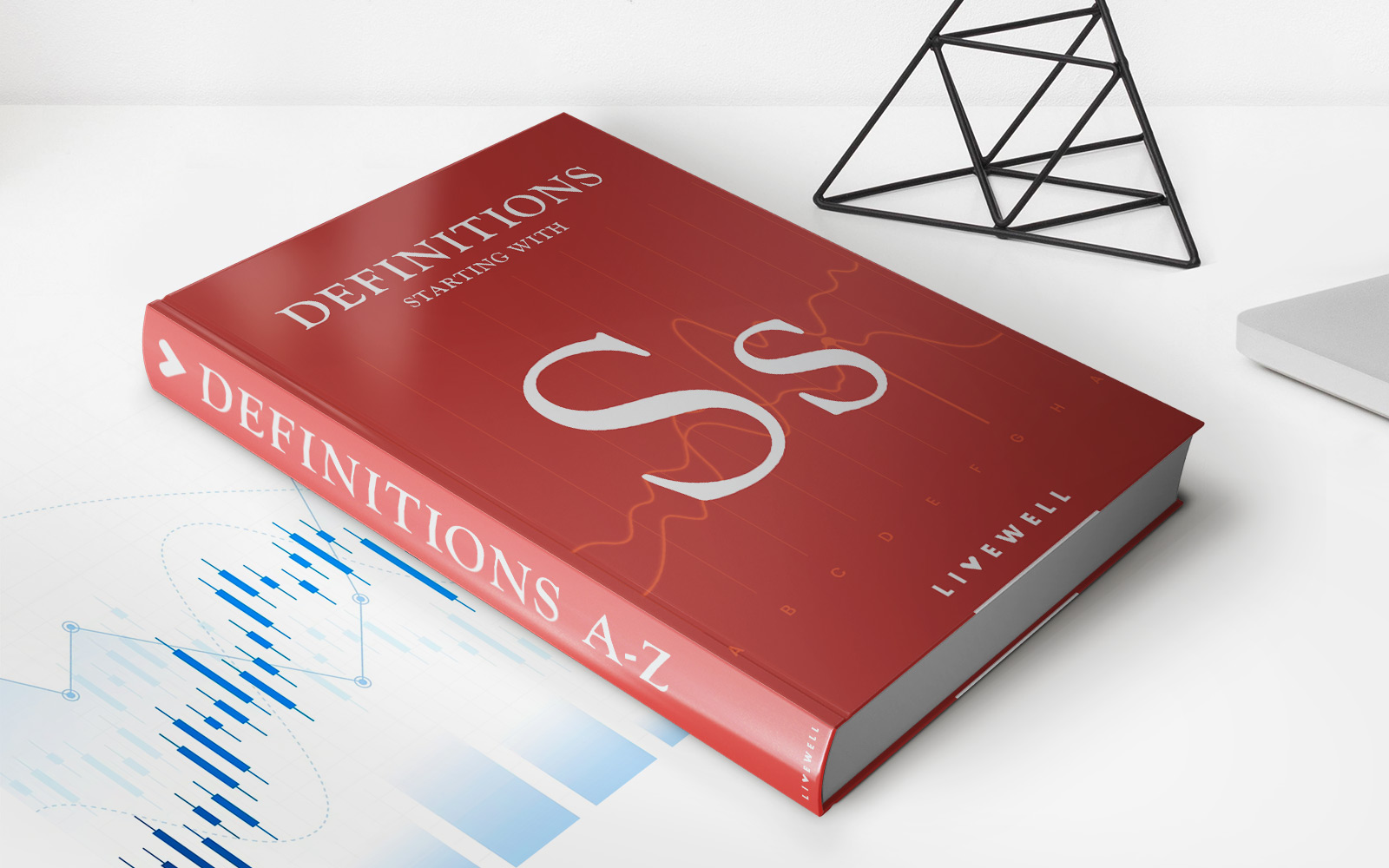

Finance
Where To Apply For A Securities License
Published: November 26, 2023
Looking to enter the world of finance? Find out where to apply for a securities license and kickstart your career in the financial industry.
(Many of the links in this article redirect to a specific reviewed product. Your purchase of these products through affiliate links helps to generate commission for LiveWell, at no extra cost. Learn more)
Table of Contents
Introduction
Obtaining a securities license is an essential step for individuals seeking to work in the financial industry. A securities license allows individuals to engage in various activities related to buying, selling, and trading securities such as stocks, bonds, and mutual funds. Whether you aspire to become a stockbroker, financial advisor, or investment banker, having a securities license is a requirement.
While the process of obtaining a securities license may seem daunting, it is a necessary step to demonstrate competence and meet the regulatory standards set by securities regulatory agencies. These agencies ensure the integrity and stability of the financial markets by overseeing the activities of brokers, dealers, and other financial professionals.
In this article, we will explore the requirements for obtaining a securities license, the different types of licenses available, and where to submit your license application. We will also provide some insights into the online application process and discuss the steps you should take before applying for a securities license.
Whether you are starting your career in finance or looking to expand your expertise, understanding the securities licensing process is crucial. So, let’s dive in and explore the world of securities licenses!
Requirements for Obtaining a Securities License
Obtaining a securities license requires fulfilling certain prerequisites set by securities regulatory agencies. These requirements are put in place to ensure that individuals are knowledgeable, competent, and ethical in their dealings within the financial industry. While specific requirements may vary depending on the jurisdiction and the type of license sought, some common requirements exist across the board.
First and foremost, individuals seeking a securities license must meet the minimum age requirement. In most jurisdictions, this typically ranges from 18 to 21 years old. Applicants must also have a high school diploma or equivalent educational qualification.
Next, aspiring license holders must pass a comprehensive examination. This examination assesses the candidate’s knowledge of securities laws, regulations, and industry practices. The most well-known and widely recognized securities examination is the Series 7 exam administered by the Financial Industry Regulatory Authority (FINRA) in the United States. Other countries may have their own equivalent exams.
In addition to passing the securities examination, individuals may also need to complete a specific number of hours of pre-licensing education. These education requirements cover topics such as ethics, investment products, trading strategies, and client suitability standards. The purpose of these educational requirements is to ensure that license holders have a solid foundation of knowledge and understanding in their field.
Furthermore, applicants for a securities license must undergo a thorough background check. This includes disclosing any criminal history, past disciplinary actions, and financial delinquencies. Regulatory agencies want license holders to have a clean and trustworthy record to protect the interests of investors and maintain the integrity of the financial markets.
Additionally, some jurisdictions require applicants to have sponsorship or employment with a registered broker-dealer firm. This partnership ensures that individuals seeking a securities license are under the supervision of a regulated entity and have access to the necessary mentorship and resources.
Overall, the requirements for obtaining a securities license may seem challenging, but they are put in place to ensure that licensed individuals are qualified, competent, and ethically responsible in their dealings within the financial industry.
Securities Regulatory Agencies
To maintain the integrity and stability of the financial markets, securities regulatory agencies play a crucial role in overseeing the activities of brokers, dealers, and other financial professionals. These agencies create and enforce rules and regulations that protect investors and ensure fair and transparent markets. Let’s take a closer look at some of the key securities regulatory agencies.
1. Securities and Exchange Commission (SEC): The Securities and Exchange Commission is the primary regulatory agency responsible for enforcing federal securities laws in the United States. The SEC’s mandate is to protect investors, maintain fair and efficient markets, and facilitate capital formation. They oversee the securities industry, including the registration and regulation of broker-dealers, investment advisors, and publicly traded companies.
2. Financial Industry Regulatory Authority (FINRA): FINRA is a self-regulatory organization authorized by the SEC to regulate brokerage firms and registered representatives in the United States. FINRA’s mission is to protect investors by ensuring that the securities industry operates fairly and transparently. They enforce rules and regulations, conduct examinations, and provide investor education and arbitration services.
3. Financial Conduct Authority (FCA): The Financial Conduct Authority is the regulatory body for the financial services industry in the United Kingdom. They regulate firms and individuals involved in financial transactions and enforce standards to protect consumers and maintain the integrity of the financial markets. The FCA sets rules and guidelines for conduct, oversees compliance, and promotes competition in the financial industry.
4. Securities and Futures Commission (SFC): The Securities and Futures Commission is the regulatory body for the securities and futures markets in Hong Kong. Their primary role is to regulate and supervise the activities of intermediaries, including broker-dealers, investment advisors, and fund managers. The SFC ensures the fair and orderly operation of the market and protects the interests of investors.
These are just a few examples of securities regulatory agencies. Many other countries have their own respective regulatory bodies that oversee the securities industry. It is essential for individuals seeking a securities license to familiarize themselves with the regulatory agency in their jurisdiction to understand the specific rules and requirements that need to be followed.
Types of Securities Licenses
There are various types of securities licenses that individuals can acquire, depending on the specific activities they wish to engage in within the financial industry. Each type of license allows individuals to perform different functions and provide specific services to clients. Let’s explore some of the common types of securities licenses:
1. Series 7 License: The Series 7 license is often considered the most comprehensive securities license and is required for individuals who want to work as general securities representatives or stockbrokers. It allows them to sell a wide range of securities products such as stocks, bonds, mutual funds, and options.
2. Series 6 License: The Series 6 license is designed for individuals who want to sell mutual funds, variable annuities, and similar investment products. It is suitable for professionals working as investment company representatives or variable contract representatives.
3. Series 63 License: The Series 63 license is known as the Uniform Securities Agent State Law License. It is a state-level license that allows individuals to solicit orders for securities products within a specific state. This license is often required in addition to other licenses and demonstrates knowledge of state securities laws and regulations.
4. Series 65 License: The Series 65 license is designed for individuals who want to work as investment advisors. It allows them to provide investment advice, manage portfolios, and offer financial planning services to clients. This license is required for those who are compensated for providing investment advice.
5. Series 66 License: The Series 66 license is a combination of the Series 63 and Series 65 licenses. It allows individuals to act as both investment advisor representatives and securities agents. This license is often required for professionals who want to provide comprehensive financial planning services.
It’s important to note that the specific licensing requirements may vary depending on the jurisdiction and the activities an individual intends to engage in. Additionally, some licenses may require sponsorship or employment with a registered broker-dealer or investment advisory firm.
By obtaining the appropriate securities license, professionals can specialize in specific areas of the financial industry and provide valuable services to their clients. It is crucial to understand the requirements and responsibilities associated with each license before pursuing a particular designation.
Where to Submit License Applications
When it comes to submitting license applications for securities licenses, the specific process and entities involved may vary depending on the jurisdiction. However, there are some common avenues where individuals can submit their license applications. Here are a few key options:
1. Regulatory Agencies: In many cases, license applications for securities licenses can be submitted directly to the regulatory agency overseeing the securities industry in your jurisdiction. For example, in the United States, applications for licenses such as the Series 7 or Series 65 can be submitted to the Financial Industry Regulatory Authority (FINRA) or to the appropriate state securities regulator.
2. Broker-Dealer Firms: Some securities licenses require sponsorship or employment with a registered broker-dealer firm. In these cases, individuals can often submit their license applications through the firm they are affiliated with. The firm acts as the intermediary, ensuring that the application meets the necessary requirements and is submitted to the appropriate regulatory authorities.
3. Online Platforms: Many regulatory agencies and licensing bodies have embraced digital platforms to streamline the application process. They provide online portals or websites where individuals can submit their license applications electronically. This offers a convenient and efficient way to complete the application process from the comfort of your own home or office.
4. Professional Associations: In some cases, professional associations related to the securities industry may be involved in the licensing process. These associations often have their own set of requirements and processes for submitting license applications. It is important to research and determine if any professional associations are relevant to the specific securities license you are pursuing.
It is crucial to thoroughly research the requirements and procedures specific to your jurisdiction and the type of securities license you are seeking. Most regulatory agencies and licensing bodies provide detailed information on their websites regarding the application process, required documents, and any applicable fees. It is advisable to review these resources and reach out to the appropriate authorities if you have any questions or concerns.
By being proactive and understanding where to submit license applications, individuals can navigate the process smoothly and increase their chances of obtaining the desired securities license.
Online Application Process
In today’s digital age, many securities regulatory agencies have modernized their application processes, allowing individuals to submit license applications online. This online application process offers convenience, efficiency, and a streamlined experience for applicants. Here are some key aspects of the online application process for securities licenses:
1. Accessing the Online Portal: Regulatory agencies and licensing bodies typically have dedicated online portals or websites where individuals can access the application forms and related resources. These portals are designed to provide a user-friendly interface and step-by-step guidance for completing the application.
2. Creating an Account: Applicants are usually required to create an account on the online platform before they can start the application process. This involves providing personal information, creating a unique username and password, and possibly verifying their identity through additional steps such as providing identification documents.
3. Application Forms: Once logged into the online portal, applicants will have access to the required application forms. These forms are often interactive, allowing individuals to fill them out electronically. It is important to provide accurate and complete information, as any discrepancies or missing information could delay the processing of the application.
4. Supporting Documentation: Along with the application forms, applicants may need to submit supporting documentation electronically. This can include educational certificates, identification documents, proof of sponsorship or employment, and any other documents as required by the licensing body. It is crucial to review the specific requirements and ensure that all necessary documents are provided in the requested format (e.g., PDF, JPEG).
5. Application Fees: Online application processes typically require payment of application fees. These fees can vary depending on the jurisdiction and the type of securities license being applied for. Regulatory agencies often provide secure online payment platforms where applicants can make the necessary payment electronically.
6. Submission and Status Updates: Once the application and supporting documents are completed and submitted through the online portal, applicants will typically receive a confirmation of receipt. It is important to keep track of the application status and any updates provided by the regulatory agency. This can be done by regularly checking the online portal or by setting up email or text notifications.
7. Follow-Up Communication: In some cases, the regulatory agency may require additional information or clarification during the application review process. Applicants should be prepared to promptly respond to any communication or requests for further documentation.
It is worth noting that while the online application process offers convenience, applicants must still ensure that they meet all the necessary requirements and provide accurate information. Any misrepresentation or incomplete information could lead to delays or even rejection of the application. It is advisable to carefully review the application and seek guidance from the regulatory agency or professional associations if needed.
Overall, the online application process for securities licenses simplifies and expedites the application journey, allowing individuals to pursue their career in the financial industry more efficiently.
Steps to Take Before Applying for a Securities License
Before applying for a securities license, there are several important steps that individuals should take to ensure a smooth and successful application process. These steps help in preparing for the licensing exam, gathering required documentation, and enhancing the chances of obtaining the desired license. Here are some key steps to consider:
1. Research License Requirements: Start by researching the specific requirements for the securities license you wish to pursue in your jurisdiction. Understand the minimum age requirement, educational qualifications, examination details, and any other prerequisites. This will help you determine if you meet the initial eligibility criteria.
2. Choose the Right License: Identify the specific securities license that aligns with your professional goals and interests. Different licenses offer different opportunities and privileges, so it’s crucial to select the appropriate license based on the type of work you want to engage in within the financial industry.
3. Study and Prepare: The securities licensing exams are comprehensive and require thorough preparation. Utilize study materials, online resources, and practice exams to familiarize yourself with the content and format of the exam. Consider enrolling in a preparatory course or seeking guidance from professionals who have already obtained the license you are pursuing.
4. Complete Pre-Licensing Education: Depending on the jurisdiction, applicants may be required to complete a specific number of hours of pre-licensing education. Ensure that you fulfill these educational requirements by enrolling in accredited courses or programs that cover the necessary topics. This education will equip you with the foundational knowledge required to pass the licensing exam and excel in your future career.
5. Gather Required Documentation: Review the list of required documents for the license application. These may include identification documents, proof of education, employment history, and any other supporting paperwork. Make sure you have all the necessary documents ready and in the required format (e.g., digital copies, scanned PDFs).
6. Choose a Registered Sponsor: Some securities licenses require sponsorship or employment with a registered broker-dealer or investment advisory firm. Research and connect with reputable firms that are registered and authorized to sponsor individuals for the license you are pursuing. Having a sponsor provides guidance and supervision during the licensing process and can enhance your credibility as an applicant.
7. Check Application Deadlines and Fees: Be aware of application deadlines and any associated fees. Missing deadlines or not submitting the required fees could result in delays or the need to restart the application process. Ensure that you have a clear understanding of the application timeline and budget accordingly for any fees involved.
8. Review and Revise Application: Before submitting your application, carefully review all the information provided. Check for accuracy and completeness. Any inaccuracies or missing information could lead to delays or rejection of your application. Consider seeking guidance from professionals or colleagues to ensure you have covered all necessary details.
By following these steps, you can better prepare yourself for the securities licensing process and increase your chances of obtaining the desired license. Taking the time to gather the required documentation, study for the licensing exam, and understand the application requirements will set a strong foundation for a successful career in the financial industry.
Frequently Asked Questions
1. What is a securities license?
A securities license is a credential that allows individuals to engage in various activities related to buying, selling, and trading securities such as stocks, bonds, and mutual funds. These licenses are required for individuals working in the financial industry to demonstrate competence and meet the regulatory standards set by securities regulatory agencies.
2. How do I know which securities license I need?
The specific securities license you need depends on the activities you wish to engage in within the financial industry. Research and understand the different types of licenses available and analyze which aligns with your professional goals. Consider seeking guidance from professionals or exploring job descriptions for insights into the licenses commonly required for specific roles.
3. How can I prepare for the securities licensing exam?
Preparing for the securities licensing exam requires thorough study and preparation. Utilize study materials, online resources, and practice exams specific to the exam you are taking. Consider enrolling in preparatory courses or seeking guidance from professionals who have already obtained the license you are pursuing.
4. Can I apply for a securities license online?
Yes, many regulatory agencies have embraced online application processes. They provide dedicated online portals or websites where individuals can access application forms, upload required documents, and submit their applications electronically. This online approach offers convenience, efficiency, and a streamlined experience for applicants.
5. Do securities licenses expire?
Yes, securities licenses generally have an expiration date. The length of time before expiration can vary depending on the jurisdiction and the type of license. It is important to comply with any renewal requirements, such as completing continuing education credits or paying renewal fees, to ensure that your license remains valid.
6. Can I transfer my securities license to another jurisdiction?
In many cases, securities licenses can be transferred from one jurisdiction to another, but there may be additional requirements or examinations that need to be fulfilled. It is advisable to contact the regulatory agency in the new jurisdiction to understand the specific process and requirements for transferring your license.
7. What happens if my securities license application is rejected?
If your securities license application is rejected, it is essential to review the reasons for rejection and identify any deficiencies or inaccuracies in your application. Work with the regulatory agency, seek guidance from professionals, or consider appealing the decision if you believe there has been an error. Make the necessary adjustments and reapply following the guidance provided by the regulatory agency.
8. How long does it take to obtain a securities license?
The timeframe for obtaining a securities license can vary depending on various factors, including the regulatory agency’s processing timeline, the complexity of the license being sought, and the completeness of the application. It is advisable to start the application process well in advance to allow for any unexpected delays.
Remember, specific questions and processes may vary depending on the jurisdiction and the type of securities license being pursued. It is always a good idea to consult with the appropriate regulatory agency or seek professional advice to ensure you have the most accurate and up-to-date information.
Conclusion
Obtaining a securities license is a crucial step for individuals looking to pursue a career in the financial industry. These licenses demonstrate competence, knowledge, and ethical responsibility in dealing with securities and are required to engage in various activities related to buying, selling, and trading securities.
In this article, we explored the requirements for obtaining a securities license, the role of securities regulatory agencies, the different types of licenses available, where to submit license applications, the online application process, and the steps to take before applying for a securities license. We also addressed some frequently asked questions to provide further clarity on the topic.
It is important to carefully research the specific requirements and processes for obtaining a securities license in your jurisdiction. Understanding the prerequisites, studying for the licensing exam, and gathering the required documentation will enhance your chances of success in the licensing process.
Remember, the financial industry is highly regulated to protect investors and maintain the integrity of the markets. Obtaining a securities license not only opens up career opportunities but also ensures that professionals are well-prepared to navigate the complexities of the financial industry.
So, whether you are starting your career in finance or looking to expand your expertise, taking the necessary steps to obtain a securities license is a key milestone in your professional journey. Stay informed, seek guidance when needed, and embrace the ongoing learning and development opportunities that come with being a licensed securities professional.














